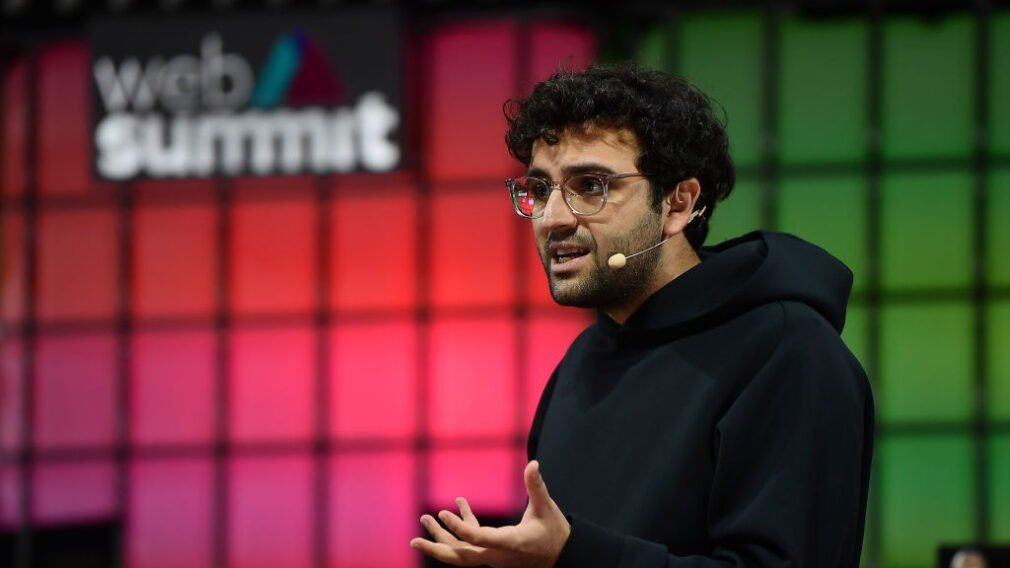Kalshi CEO Forecasts Prediction Markets Will Rival Stock Exchanges Within Years
Tarek Mansour, the CEO of Kalshi, issued a bold forecast regarding the trajectory of financial trading this week. Speaking on the rapid adoption of event contracts, Mansour argued that prediction markets are expanding fast enough to challenge traditional stock exchanges.

While he initially viewed this as a long-term goal, he now believes the sector will reach parity with equity markets in just a few years. He described the emerging industry as a potential “trillion-dollar market.”
Accelerating the Timeline
The growth of the market has forced Mansour to revise his internal schedules. He admitted that he originally expected it would take a full decade for event contracts to generate trading volumes comparable to the stock market. However, the current data suggests a much steeper adoption curve.
Mansour noted the speed of the shift, stating, “I always thought it was going to be pretty fast and go pretty big. I just didn’t think that fast.” He credits this acceleration to a shift in consumer behavior.
According to Mansour, platforms like Kalshi have successfully “created a whole class of active traders.” These participants view real-world outcomes, such as election results, economic reports, or weather patterns, as tradable assets, similar to how investors treat shares of a public company.
Tension Between Finance and Gaming
A central part of the debate surrounding prediction markets is their classification. Regulators and critics often struggle to distinguish between hedging financial risk and gambling.
Mansour addressed this directly, suggesting that new financial products always face this scrutiny. “I don’t think there have been many instances of innovation in financial markets, especially in derivatives markets, that haven’t had this weird tension with gambling,” he said.
Despite the comparison, Mansour argued that the mechanics of an exchange differ fundamentally from a casino. In traditional gambling, the operator (the house) holds a mathematical advantage and wins when the player loses.
In contrast, a prediction market functions as a neutral exchange. It connects a buyer and a seller, creating a “more level playing field” where prices are determined by market sentiment rather than set odds.
Wall Street Interest and Expansion
The sector is beginning to attract capital from legacy financial institutions, validating Mansour’s outlook. The Intercontinental Exchange (ICE), which owns the New York Stock Exchange, recently agreed to invest in Polymarket, a direct competitor to Kalshi. This suggests that traditional finance is preparing for a future where event contracts sit alongside stocks and bonds.
Mansour outlined an aggressive roadmap for the immediate future. He expects prediction markets to become a standard part of media consumption, predicting they will be “embedded very smoothly, very effectively in the news.”
To capitalize on this momentum, Kalshi plans to launch a major international expansion over the next 18 months, aiming to export its regulated model to markets outside the United States.
Recommended
